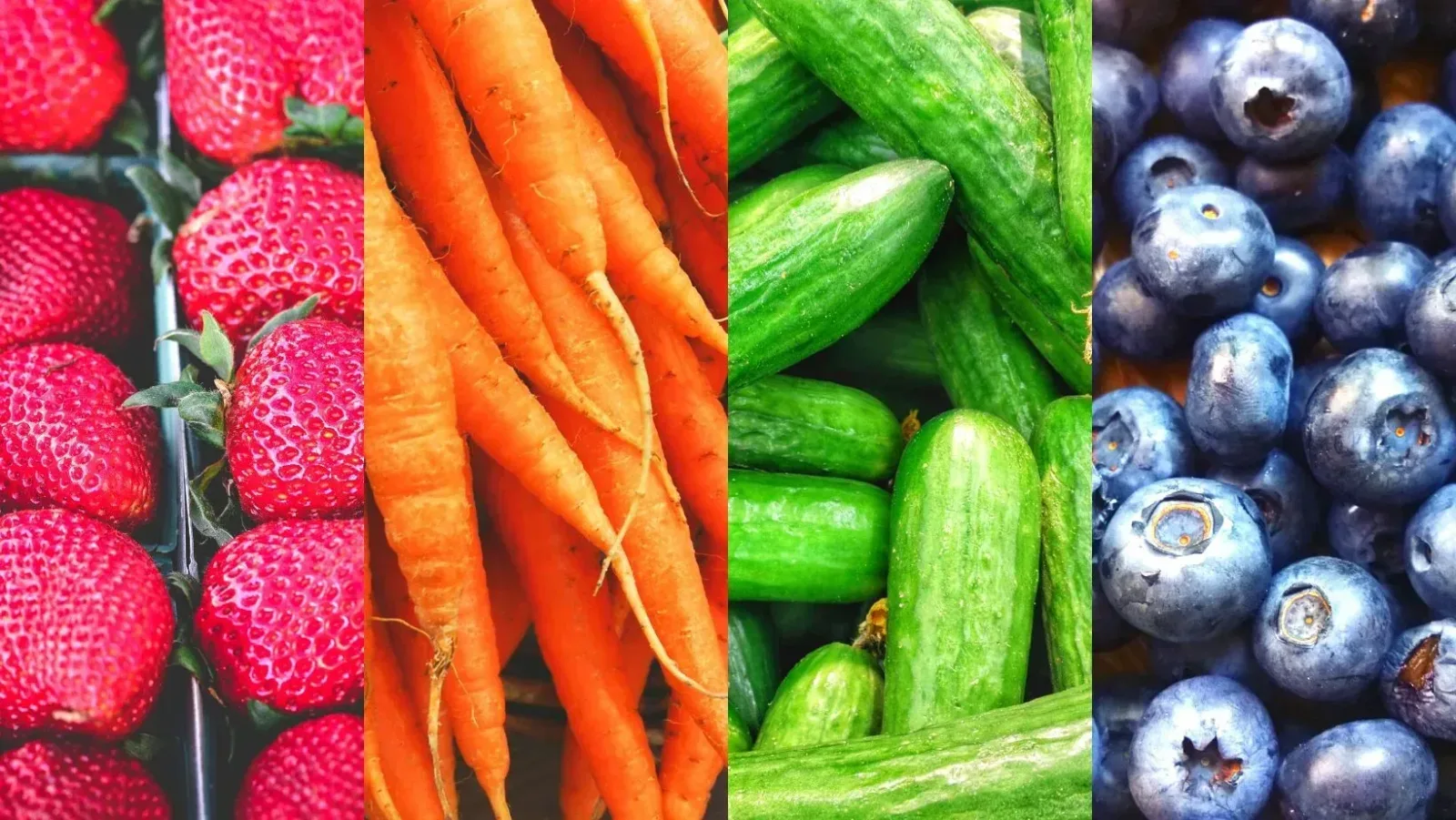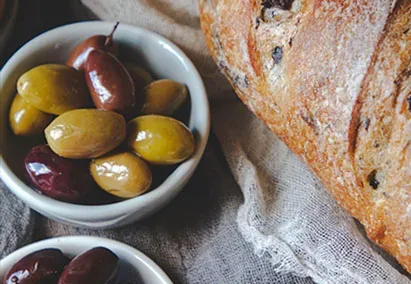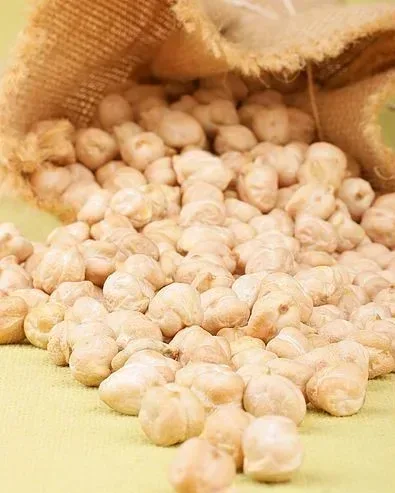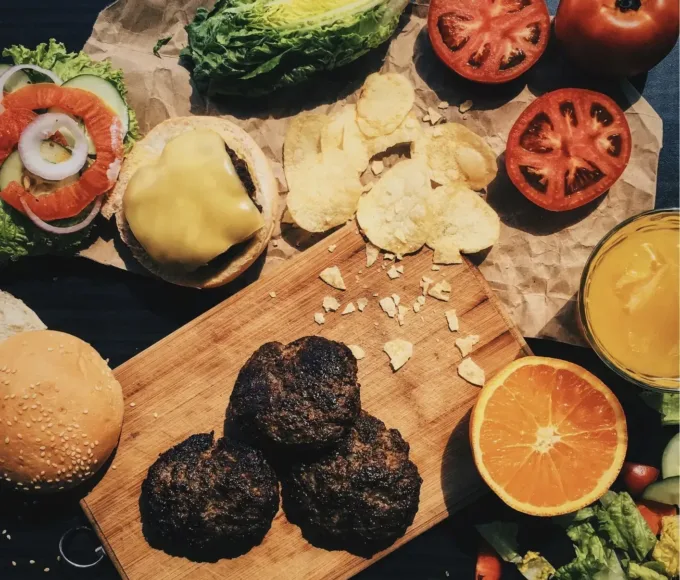Organic foods: Are they safer? More nutritious?

Once found only in health food stores, organic food is now a common feature at most grocery stores. For example, you can pick an apple grown with usual (conventional) methods. Or you can pick one that's organic. Both apples are firm, shiny and red. They both provide vitamins and fiber. And neither apple has fat, salt or cholesterol. Which should you choose? Get the facts before you shop.
What is organic farming?
The word "organic" means the way farmers grow and process farming products. These products include fruits, vegetables, grains, dairy products such as milk and cheese, and meat. Organic farming practices are designed to meet the following goals:
– Improve soil and water quality
– Cut pollution
– Provide safe, healthy places for farm animals (livestock) to live
– Enable natural farm animals' behavior
– Promote a self-sustaining cycle of resources on a farm
Does 'organic' mean the same thing as 'natural'?
No, "natural" and "organic" are different. Usually, "natural" on a food label means
that the product has no artificial colors, flavors or preservatives. "Natural" on a label doesn't have to do with the methods or materials used to grow the food ingredients.
Organic food: Is it safer or more nutritious?
Some data shows possible health benefits of organic foods when compared with foods grown using the usual (conventional) process. These studies have shown differences in the food. But there is limited information to prove how these differences can give potential overall health benefit:
Nutrients. Studies have shown small to moderate increases in some nutrients in organic produce.
Omega-3 fatty acids. The feeding requirements for organic farm animals usually cause higher levels of omega-3 fatty acids. These higher omega-3 fatty acids are found in organic meats, dairy and eggs.
Toxic metal. Cadmium is a toxic chemical naturally found in soils and absorbed by plants. Studies have shown much lower cadmium levels in organic grains, but not fruits and vegetables, when compared with crops grown using usual (conventional) methods.
Pesticide residue. Compared with produce grown using conventional methods, organically grown produce has lower levels of pesticide residue. Organic produce may have residue because of pesticides approved for organic farming or because of airborne pesticides from conventional farms.
Bacteria. Meats produced using usual methods may have higher amounts of dangerous types of bacteria that may not be able to be treated with antibiotics. The overall risk of contamination of organic foods with bacteria is the same as conventional foods.
Whether you go totally organic or choose to mix conventional and organic foods, keep these tips in mind:
Choose a variety of foods from a mix of sources. You'll get a better variety of nutrients and lower your chance of exposure to a single pesticide.
Buy fruits and vegetables in season when you can. To get the freshest produce, ask your grocer what is in season. Or buy food from your local farmers market.
Read food labels carefully. Just because a product says it's organic or has organic ingredients doesn't mean it's a healthier choice. Some organic products may still be high in sugar, salt, fat or calories.
Wash and scrub fresh fruits and vegetables well under running water.
Sources: Mayo Clinic Staff
Recent Posts
Related Articles
Choose the healthiest salt for your kitchen
Some salts are considered healthier than others, such as pink Himalayan salt...
June 19, 2023Benefits of chickpea flour and how to make it
Chickpea flour has been a staple in Indian cooking for centuries. Chickpeas...
June 19, 2023What is alkaline water?
You may have heard various health claims about alkaline water. Some say...
June 19, 2023Different methods of cooking
In cooking, there are some basic methods of cooking that are used....
June 19, 2023

























Leave a comment